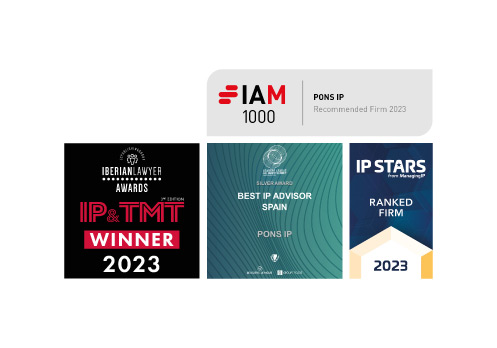At the IV International Expansion Forum last Thursday, Columbia University professor Rafa Yuste stated that the combination of artificial intelligence (AI) and neuroscience will allow us to “get into the brain and change it”. Furthermore, we are already seeing the radical change that the application of tools like ChatGPT will bring to education, and to our lives.
Many people are already raising their voice on the need to regulate the impact of AI as soon as possible. We are hearing the usual debate between “apocalyptic” people, who only see threats, and “integrated” people, who only see advantages. At the midpoint, I do not consider AI to be new —it is already 67 years old— but now, thanks to advances in neural networks and in areas such as computing, it is a technology that must be managed to control its risks and make the most of its opportunities.
As in other geopolitical decisions, we take note of different strategies. China is defining a framework similar to that planned by the Government. The United States will leave this regulation up to the market. And as such, on 4 May, President Biden met with large internet companies at the White House and urged them to limit the risks of AI, telling them that “they have to act properly” because they have a “moral” obligation to maintain product safety.
For its part, Europe, as it already did with personal data, has proposed defining a regulatory framework that guarantees the rights and responsibilities of companies and people who develop or use AI models and algorithms. The proposed AI Regulation, known as the AI Act, follows an approach based on the categorisation of these risks and establishes a horizontal and uniform legal framework for AI aimed at ensuring legal certainty.
This Regulation was submitted by the European Council in December 2022, and last Thursday a decisive step was taken with its approval by the Parliament’s Internal Market and Civil Liberties Committees.
It is expected to be approved by the entire Parliament in mid-June and the last step, a review by the “trilogue”: the informal group formed by the Commission, Parliament and the Presidency of the Council, will occur in the second half of the year, that is, during the Spanish Presidency of the European Council.
As it passes through these Commissions, the very definition of AI has been revised and the list of high-risk uses has been expanded, including, for example, real-time remote biometric identification systems in publicly accessible spaces, or AI systems for influencing voters in political campaigns.
Fundamental generative models, such as GPT, will have to comply with additional transparency requirements, such as disclosing that the content was generated by AI, designing the model to prevent it from generating illegal content, and publishing summaries of copyrighted data used for training. Once again, the management of industrial and intellectual property associated with this new technology will help improve its implementation while preserving people’s rights.
To boost innovation in AI, members of the European Parliament have raised exemptions to these rules for R&D activities and AI components provided under open source licences. In addition, the new law promotes regulatory “sandboxes” or controlled environments established by public authorities.
Spain will hold the Presidency of the European Council when the Regulation is definitively approved and it will be the first country with an agency to oversee AI. Therefore, we will be pioneers in the application of these rules, which will be mandatory for all organisations. This marks an opportunity and also a responsibility.
History has shown us that progress depends on the decisions we make about technology. The wealth generated by technological improvements in agriculture during the European Middle Ages was used by the nobility while peasants remained on the brink of famine. The first years of industrialisation in England did not translate into income for the workers. During the 20th century, however, we witnessed a time of unprecedented progress, with almost the entire population benefitting from innovations. AI offers us technology with the greatest and fastest impact in history. Spain will play a fundamental role in defining the risks and impacts at the European level. We have the responsibility to help define this sensitive context in which we regulate risks while preserving rights, but, at the same time, do not stifle innovation and progress.
Luis Ignacio Vicente del Olmo
Strategic Advisor at PONS IP




